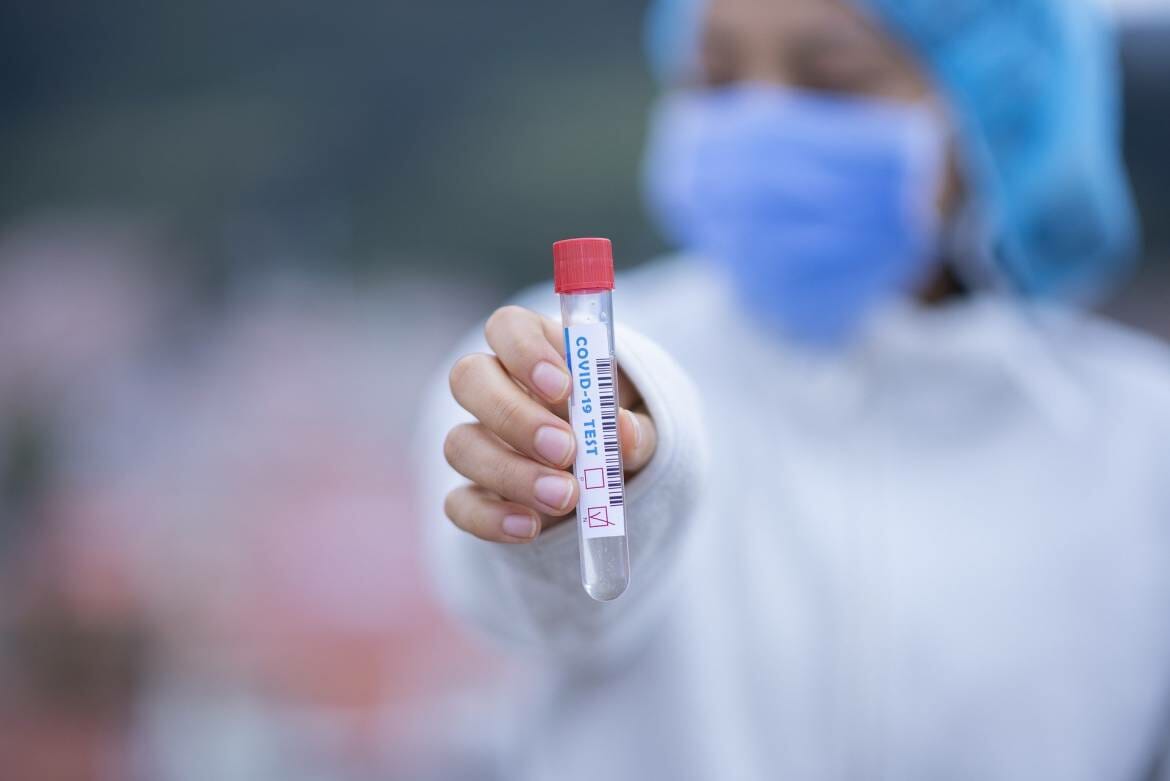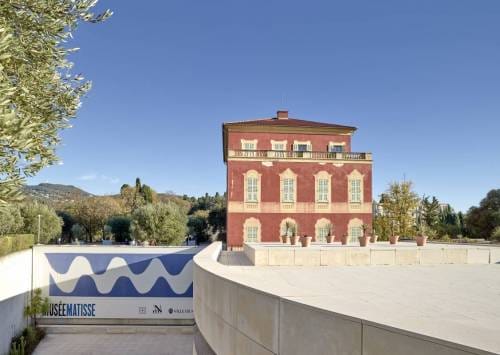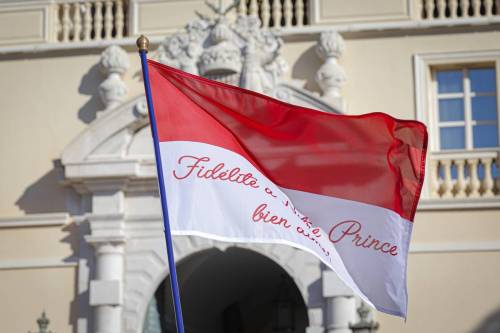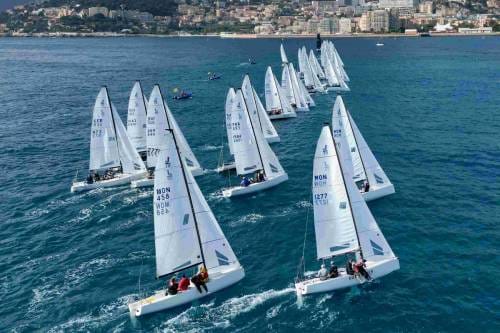The sixteenth meeting of the Joint COVID-19 Monitoring Committee was held on Tuesday 29 September at the Ministry of State. The Prince’s Government and members of the National Council discussed the decisions that have been taken and are still to be taken in view of the health crisis and the resulting social and economic impact.
The Prince’s Government and the National Council reviewed developments in the health situation in the Principality and in the neighbouring region. While it is essential to remain vigilant due to the active circulation of the COVID-19 virus, the figures for Monaco show that despite a rise in positive cases, the situation is better than that in the neighbouring department of France.
The Government noted that it intended to continue with its testing policy, gradually increasing the capacity for taking and testing samples at the National Testing Centre set up in Espace Léo Ferré. The National Council members agreed. The number of testing lanes has been doubled since Monday, with capacity rising from 1,300 tests per week to 1,800 tests per week. This capacity is currently in line with needs and could be expanded further if required.
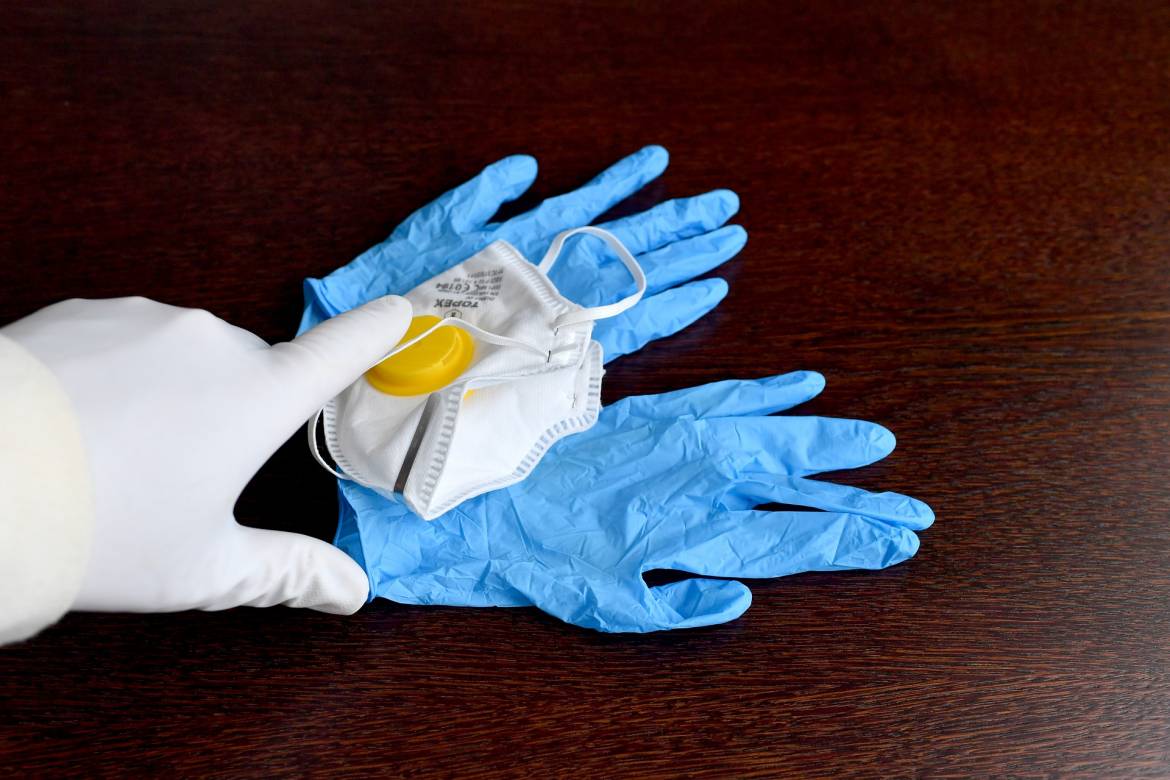
The Government has also ordered and received antigen and saliva tests to diversify and further increase testing capacity. These alternative resources are currently being trialled. The new tests are only of scientific value for people who are showing symptoms, and could supplement the PCR and rapid diagnostic tests already being used in the Principality.
The Government and the National Council also welcomed the mobilisation of the Monaco Scientific Centre and private laboratories. Their investment is helping to maintain a robust testing programme in Monaco.
Continuing on the theme of health, the Prince’s Government also provided details about the launch of the seasonal flu vaccination programme, which will be entirely free of charge this year. The aim is to encourage as many people as possible to get vaccinated to avoid the potential compounding effects of flu and COVID-19. The President and members of the National Council approved this strategy and will support the awareness campaign to be rolled out shortly. The two institutions strongly recommend that people get vaccinated.
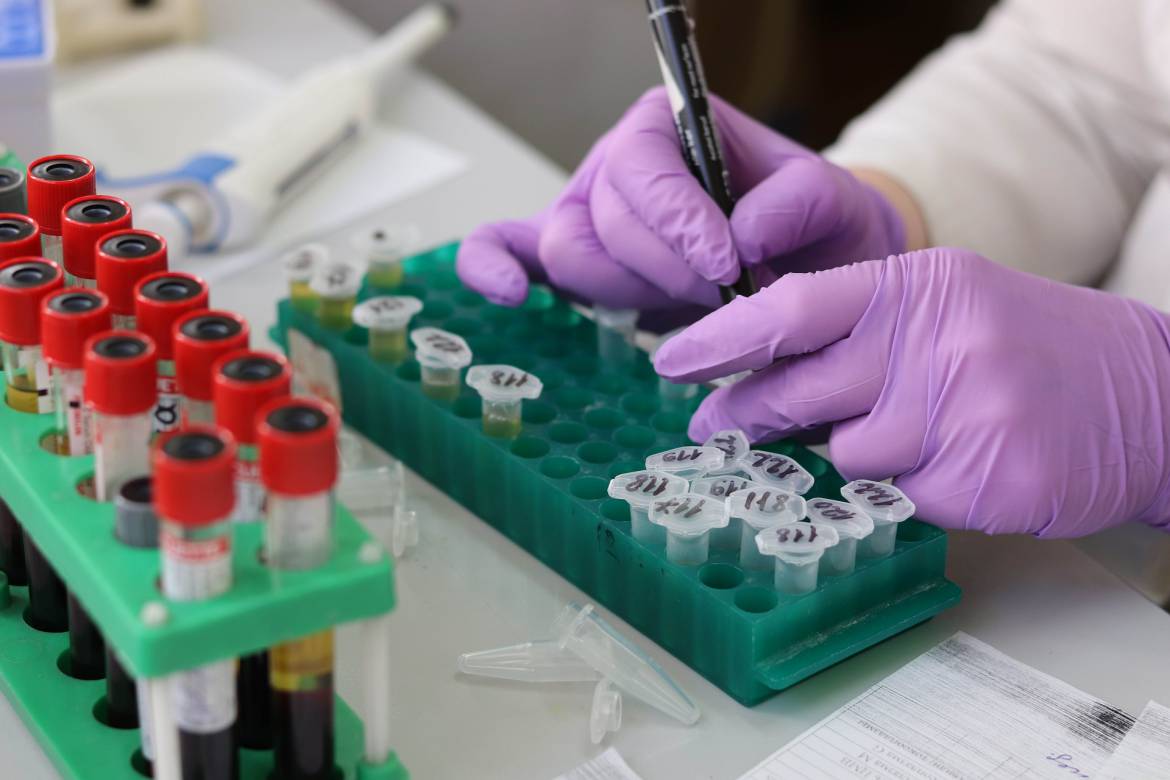
The Joint Monitoring Committee then addressed the socio-economic aspect of the health crisis. Figures show that the recovery is continuing, although it is important to remain cautious as the summer season, which generally creates jobs, draws to a close. The strengthened provisions for total temporary layoff (CTTR) covered 4,500 employees in August, compared with 6,174 in July. The number of jobseekers also fell to 903 in August, from more than 1,000 previously.
The Government and the National Council agreed to keep monitoring developments in the economy and to adapt state support accordingly. Attention was drawn to the Economic Recovery Support Commission (CARE). At the request of the National Council members, communication about this Commission, which covers a portion of the fixed costs faced by companies in difficulty, will be stepped up, targeting businesses that may find it to be an important source of support.



